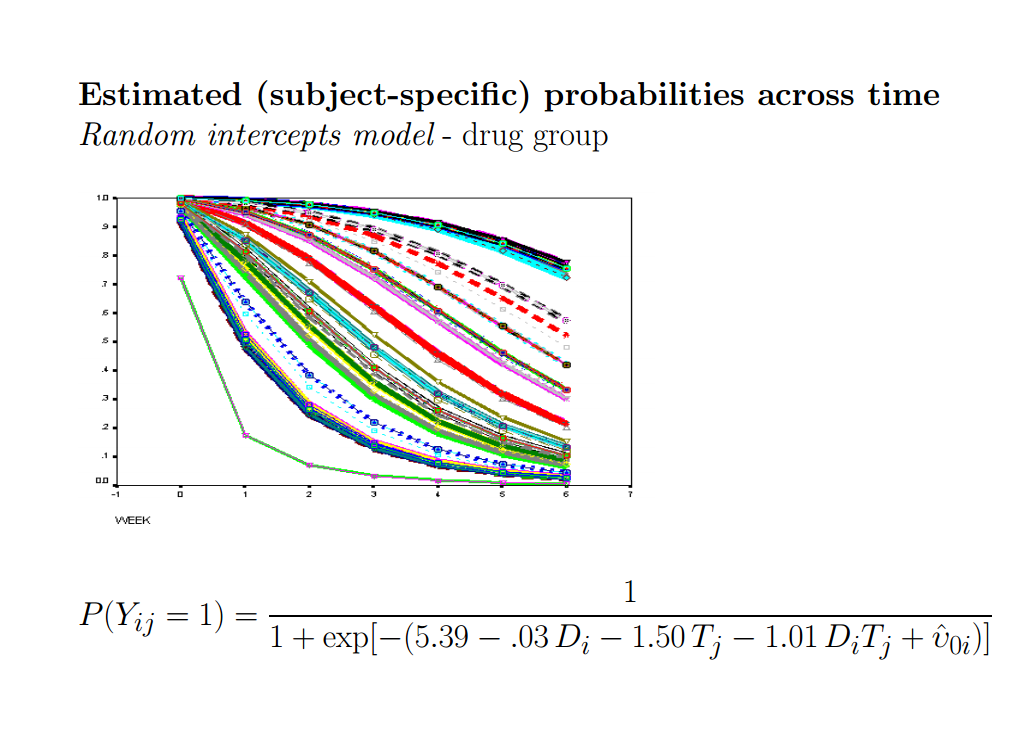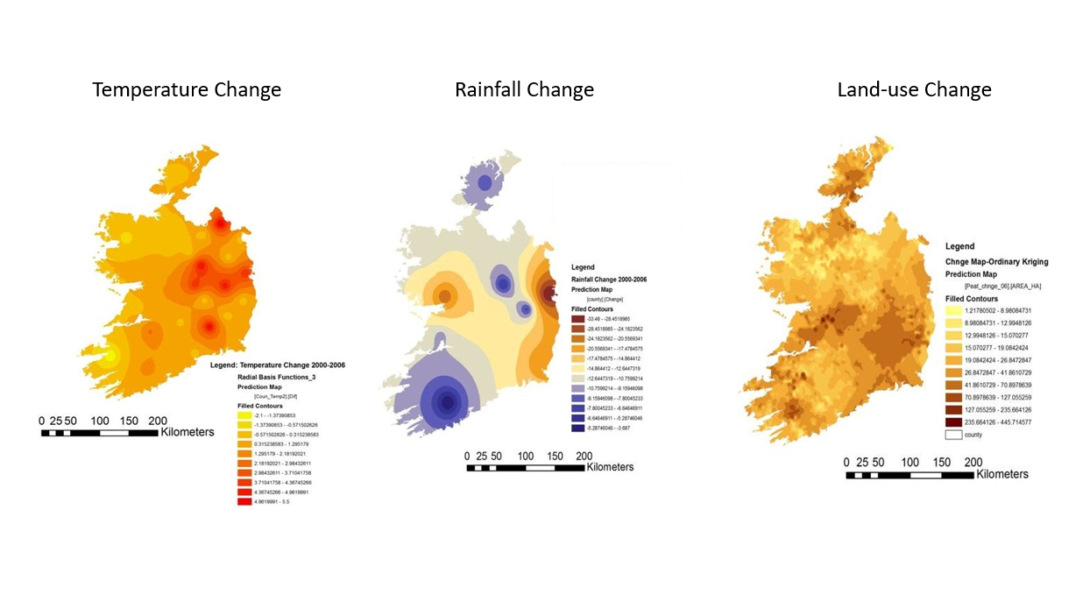
More broadly, Professor Misra is interested in the development of scalable algorithms, calibrated on large-scale data, and the implementation of such algorithms in real world decision environments. In particular, his research involves building data-driven models aimed at understanding how consumers make choices and investigating firm decisions pertaining to pricing, targeting and salesforce management issues. His research focuses on the use of machine learning, deep learning and structural econometric methods to study consumer and firm decisions. Kellstadt Professor of Marketing at the University of Chicago Booth School of Business. Final project - which integrates weekly activities.Facilitated intra-company team meetings.

Group learning and optional coaching sessions.Tell the story of the data: Translate data-driven insights into actionable decisions and drive buy-in by delivering a compelling narrative.Avoid biases in interpreting data: Sidestep the common pitfall of unconsciously bending data to support false assumptions and preconceptions. Frame questions to generate data-based insight: Identify specific objectives and related hypotheses to drive data analysis.Apply the Chicago Booth Approach to win in the marketplace: Develop the key ingredients of a powerful data analytics strategy: a specific business objective, well-developed theories, and a model that points the way to critical data and deep insight.They develop the critical and creative reasoning skills needed to frame a data analytics project, collaborate with data specialists, and ultimately make evidenced-based decisions that drive results - without sacrificing speed and agility.

#DATA ANALYSIS PROGRAMS CHICAGO HOW TO#
In this six-week program taught by Chicago Booth professors, participants learn how to “think data” the Booth way.

Many of the ideas, methods and principles that describe the best business data and analytics practices were pioneered by faculty at the University of Chicago Booth School of Business. Competency in this area is so lacking, a recent Gartner study predicted that by 2020, 80% of organizations will initiate deliberate development programs in data literacy. Many others make the critical mistake of looking for patterns in the data they have, instead of framing productive questions to shape the data they need. Yet, many leaders feel daunted by the sheer amount of data out there. As the volume of available business data expands, the winners in tomorrow’s marketplace will be those who can generate insight from information.


 0 kommentar(er)
0 kommentar(er)
